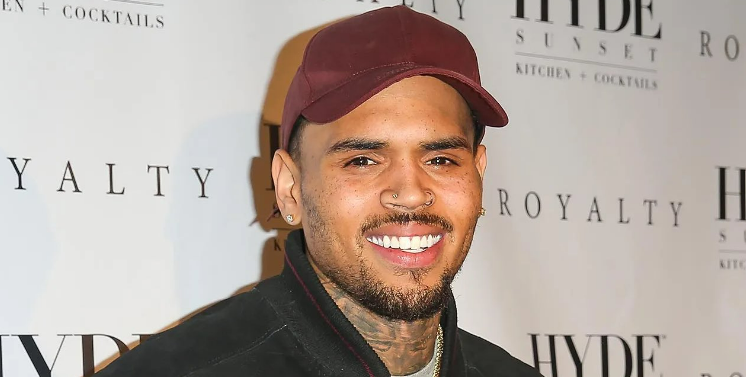Chris Brown petition holds mirror to SA’s patriarchal society and its impact on women
4 min read
American singer Chris Brown's shows at the FNB Stadium have sold out.

American singer Chris Brown's shows at the FNB Stadium have sold out.
Women For Change recently launched a petition to cancel the upcoming Chris Brown concert, sparking a heated debate in South Africa. Chris Brown’s history of abusing women, most notably his 2009 assault on Rihanna, makes his presence in the country controversial. While some praise the petition as a bold stance for women’s rights, others defend Brown, eager to attend his show despite his past.
The petition, though important, is unlikely to succeed—tickets for the concert sold out within hours. This response highlights a broader issue: South Africa prioritizes profit over social justice. The country often overlooks the protection of vulnerable groups in favor of financial gain, reflecting a larger societal trend where patriarchy continues to thrive. This support for Chris Brown, in a nation already plagued by gender violence, exposes the deep-seated reluctance to confront the ways patriarchy perpetuates oppression.
Patriarchy and Its Impact on Women
At the heart of this issue lies patriarchy, a social system that privileges men and subjugates women. Radical feminist scholar Sylvia Walby explains that patriarchy is reinforced by various social structures that maintain male dominance. These include:
These structures do not exist in isolation; they are interconnected, and together, they create a comprehensive system of oppression that marginalizes women. The challenge in dismantling patriarchy lies in its complexity and the way it manifests across different spheres of life.
Intersectionality: A Layered Approach to Oppression
In addition to patriarchy, intersectionality plays a crucial role in understanding how oppression functions in society. Scholars like Kimberlé Crenshaw and bell hooks emphasize that various forms of discrimination—such as race, class, and sexuality—interact to create a unique experience of marginalization for individuals.
For instance, a black woman in South Africa facing workplace discrimination might experience multiple layers of oppression. Her gender, race, and possibly her age or sexuality all intersect to shape her experiences. At the same time, the structures of patriarchy—such as workplace discrimination, cultural biases, and inadequate legal protections—reinforce her marginalization. This example highlights how patriarchy and other forms of oppression work together, making it difficult for victims to seek justice and change.
Chris Brown and the Defense of Patriarchy
Returning to the Chris Brown petition, the support for the artist in South Africa underscores the persistence of patriarchy. Brown, despite being a well-known abuser, continues to enjoy immense fame and support, revealing how deeply embedded patriarchal values are in society. Many defend his music and persona, compartmentalizing his abusive behavior from his artistic achievements. This mindset is part of a larger cultural pattern where powerful men are excused for their violence because their talents and contributions to culture are seen as more valuable.
This phenomenon is not unique to South Africa; it happens worldwide. In both local and global contexts, figures like Brown, R. Kelly, and Harvey Weinstein have long used their positions of power to exploit and harm women. And yet, they are often celebrated, with their abusive actions overlooked or minimized. The same patriarchal structures that empower such individuals also work to silence and discredit the victims who come forward.
The Need for Solidarity and Accountability
The debate around Chris Brown’s concert is more than just about one celebrity—it is about the larger issue of patriarchy and how it shapes our society. Women, regardless of their social status or occupation, are subjected to the same oppressive systems. Whether a woman is a domestic worker, a highly respected professional, or a public figure, patriarchy treats them with the same brutality.
As South Africans, we must recognize that the fight against gender-based violence is not isolated to one community or demographic. Whether we are wealthy or poor, young or old, black or white, patriarchy affects us all. We must stand in solidarity with women who speak out against abusers like Chris Brown because their struggles are our struggles. The systemic violence that they experience can happen to anyone, anywhere.
In a country known as the “rape capital of the world,” women face the threat of violence every day, whether at home, work, church, or even in public spaces. The petition to cancel Chris Brown’s concert is a call to confront these deeply ingrained patriarchal structures and to hold accountable those who perpetuate violence against women. It is a reminder that we must work together to create a society where women are truly valued and protected. Until then, the battle against patriarchy will continue, both in South Africa and across the world.